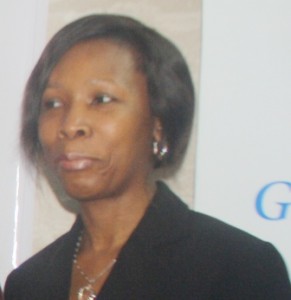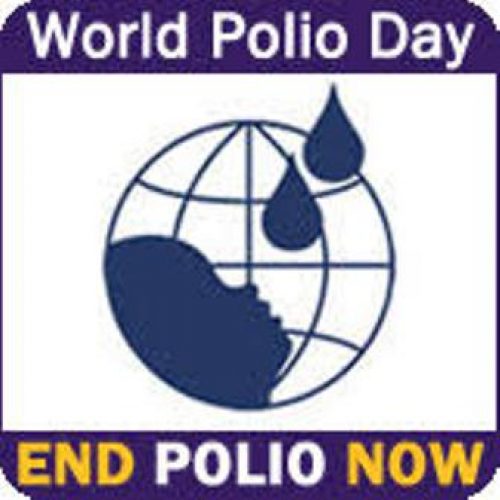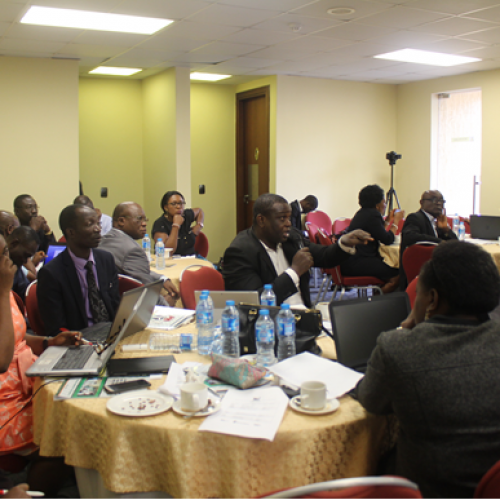Diabetes: Enlighten Nigerians now, endocrinologist tells govt
As Nigeria joined the rest of the world to mark the World Heath Day yesterday, a consultant endocrinologist, a specialist physician who diagnoses and treats diseases related to the glands, Dr. Afoke Isiavwe, has advocated the need for government and other stake holders to embark on massive public enlightenment to draw attention to the growing problem and rapid increase of diabetes in the country an the world in general.
In a lecture on the theme of this year’s WHD campaign, ‘Beat Diabetes,’ at a media Roundtable organized on Tuesday by Nigeria Health Online in partnership with Roche Products Nigeria, and Rainbow Specialist Medical Centre, Dr. Isiavwe also emphasised the need for government to improve access to good diabetes care in the country to prevent some complications now being experienced by people with diabetes in the country.
The renowned endocrinologist who is also the medical director of Rainbow Specialist Hospital, Lekki, Lagos described diabetes as a chronic metabolic disease characterized by high levels of blood glucose. She listed symptoms associated with the disease as frequent urination, excessive thirst, increased appetite weight loss among others.
Unfortunately, she noted most people may not notice these symptoms early, which i why the condition is often referred to as a silent killer. Also many patients do not seek appropriate management so that they can adopt measures to control the disease until they begin to develop complications which could sometimes be deadly.
“Poor management may lead to serious damage to the heart, blood vessels, eyes, kidneys, and nerves,” she disclosed.
According to Dr. Isiavwe, the prevalence of diabetes has been on a steady increase worldwide especially in low-and middle income countries like Nigeria. She however disclosed that the prevalence in Nigeria is still not known, adding that the guess estimates could be in the region of 8%-10%.
Sadly, she further said, while most people with diabetes in developed countries are people above retirement, the disease affects people in the productive age between 35 and 64 in Nigeria and other developing countries. Not only that, she noted that 80% of deaths from diabetes occur in low-and middle income countries.
But more Nigerians need not die from diabetes, she said, adding that “knowledge exists to reverse this trend through targeted prevention and appropriate care. When diabetes is uncontrolled, it has dire consequences for health and well-being. It is clear that a diabetes epidemic is also an epidemic of complications.”
She predicted that by 2025, no fewer than 270 million people worldwide would develop diabetes complications such as eye disease, heart, nerves and kidney problems. According to her, diabetes is a leading cause of blindness, amputation and kidney failure which, she added could result from lack of awareness about diabetes, combined with insufficient access to health services.
























0 Comments
No Comments Yet!
You can be first to comment this post!